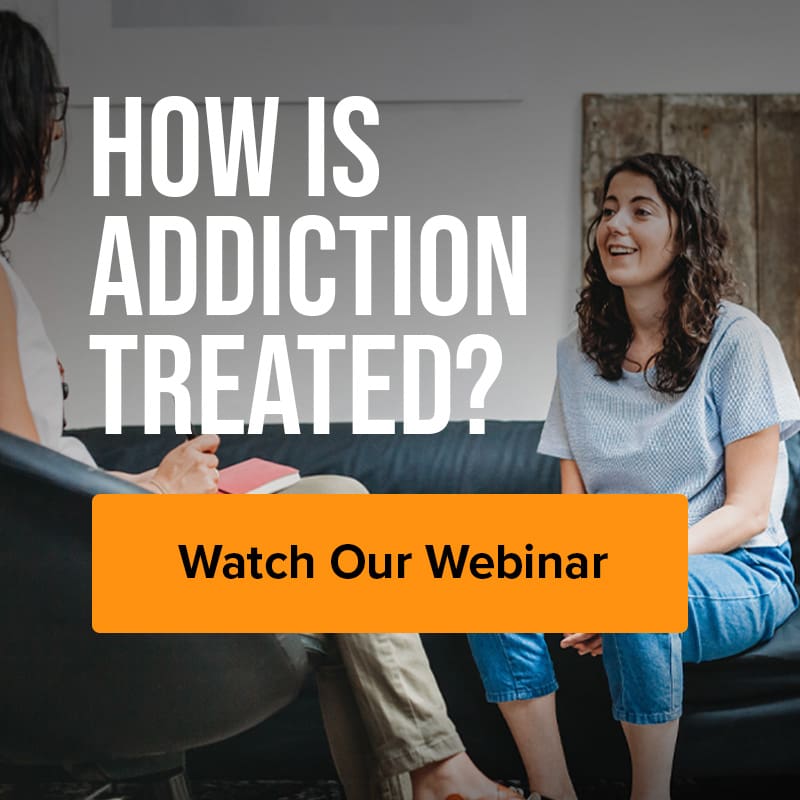You feel tired all the time even though you gave up drinking six months ago. You are confused and still struggle to remember what you were doing going from one room to another. It’s getting scary to you that you snap at this on any given moment. The racing thoughts, not sure if you are coming or going, and now you’re getting volatile. Your family is noticing and wonder if you are drinking again. This could be something scary, but most likely what the recovering alcoholic in this example is experiencing is called post-acute withdrawal syndrome.
Post-acute withdrawal syndrome (PAWS) is a troubling part of the withdrawal process. Withdrawal as you know is the process by which the body cleanses itself of a substance that it has gotten used to, and now requires in order to just function. At this point, the person is just drinking to feel normal, not even to get drunk. When they stop drinking, then they begin to suffer from the absence of alcohol in their bodies.

Withdrawal is often thought of as the hardest part of recovery, because it is uncomfortable, painful, and in some cases, can be deadly. Most of us think that withdrawal lasts a week and then our loved ones are over it and on to the next task. This is simply not true. Withdrawal is divided into two different phases. There is the acute phase, what most of us think of as withdrawal, and then the post-acute phase. The post-acute phase is more of a mystery to people, when it needs to be understood more, as it lasts longer, and will be ongoing when our loved ones are out of rehab and back at home with us. Let’s take a closer look at PAWS so we can know what is possible when our loved one in recovery returns home.
PAWS is not noticed a lot by us because it is more a psychological and neurological issue. Post-acute withdrawal symptoms are not often visible, and only are apparent when we talk with our loved ones, since we know them best. We get to see that something is not quite right, that they are struggling to follow us when we know they are sharper than that. The recovering alcoholic in our family will have strange moods and be different emotionally than what we are used to. They just won’t be the same person, and while some of it might be the recovery and growth that occurs in treatment, a good amount of it is post-acute withdrawal symptoms.
Some of the most common post-acute withdrawal symptoms include:
- Mood swings, agitation, irritability where they were not common before.
- Sleep disruptions, sleeping too much or not sleeping at all.
- Cognitive problems, difficulty thinking, focusing or remembering things.
- Lack of energy or enthusiasm.
- No longer finding joy in formerly pleasurable activities
- Cravings, dreams of drinking, or intrusive thoughts about drinking
What you need to know also about PAWS is that it is not a lifelong syndrome. You or your loved ones will not always be like this. They have done serious damage to their brain and nervous system, but the good news is that they have a remarkable ability to heal and find new ways to do the same old things. While some neural pathways cannot be repaired, the brain can create new pathways to do those same things. It just takes time and practice.

Time is one of the things you all need to remind yourselves that is on your side. This is not a long-term illness. It will last most frequently the first two years of recovery. A recovering alcoholic will have these kinds of struggles the first year, and then they will get less and less, and the time between symptoms of PAWS will get longer and longer.
This will feel like a rollercoaster at times, with mood changes happening quickly, and it being hard to think and follow conversations, but it will not be forever. The bursts of symptoms of PAWs for the recovering alcoholic will last three-five days most often, so the symptoms will go away if you just hang in there for a little while. Moods and confusion will come and go, energy will come and go, and eventually you will find that it’s the amount of time the post-acute symptoms are here will be less and less.
Part of the treatment at an inpatient facility will be focused on PAWS, and what a person can expect in the first year of recovery. This kind of support and knowledge is critical for the person starting their recovery journey, as well as their family. Family sessions can help explain this to family members who do not quite understand PAWS and its impact just yet.
One thing you need to do is give yourself or your loved one time. Another thing you need to do to help with PAWS symptoms is to be accepting of them. They will happen. Fighting and getting upset over them will not make them go away faster or stop coming. Instead, be kind to yourself. Try to make sure you get the amount of sleep that you need, remember to eat normally, even when you do not want to. Treat yourself and do the things that make you feel better as much as you can. Remember though, they have been through a lot on your road to recovery as well and may need some reassurance this is PAWS and not that you are on the road to relapse.

Post-acute withdrawal syndrome symptoms can be dangerous for one reason: they can potentially trigger a relapse. The moods, the loss of energy, the confusion, it’s easy to see why they would leave a recovering alcohol vulnerable to relapse. Withdrawal is thought of as the hardest time for the discomfort and pain, but also because people will frequently continue using just to avoid withdrawal symptoms. PAWS still count as withdrawal symptoms. They may be intense at times, even though they are short-lived. You can, and will, make it through this, and literally millions have done this already before you.
Post-acute withdrawal syndrome offers a tail end of the withdrawal process that can be stubborn and frustrating. This is because they last for up to two years into sobriety, and the family can become involved in this process. The other danger is that it can put a recovering alcoholic in jeopardy of a relapse if they are not taking care of themselves in a healthy way while managing the PAWS symptoms. Remember that this is a short process and you can and will get through it. Go with the flow and don’t fight the symptoms, instead take care of yourself. Do the things that bring you comfort and soothe yourself when you are upset. These will go a lot further, keep your suffering to a minimum, and keep you on your path to recovery and a healthy lifestyle.
Don’t hesitate to contact an addiction specialist for questions or to book an assessment for yourself or a loved one.
Want to talk to us about treatment options?
Here at EHN Canada we take care of you. Please contact us at 1-866-963-6343 if you or a loved one is struggling with an addiction and/ or a mental health issue.




